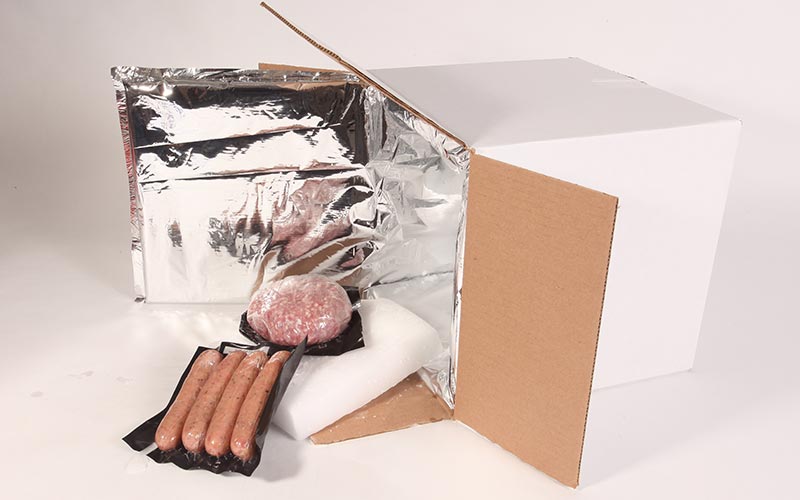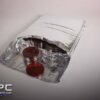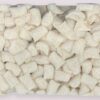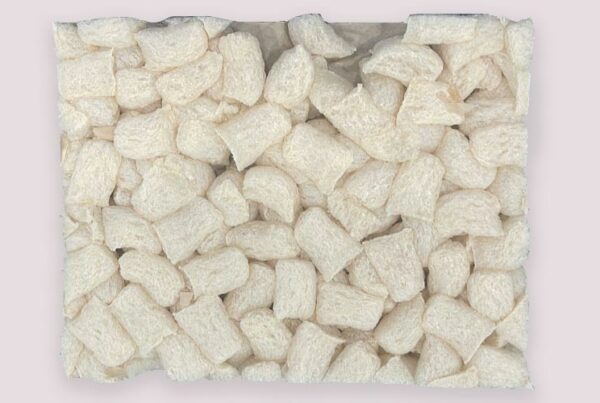
The primary goal in any temperature controlled shipping service is to maintain the quality of the perishable products being shipped. This ensures that the products being delivered will have maximum shelf life, without degradation of quality. The quality and execution of the processes involved are important because even small fluctuations in temperature can be enough to cause a significant loss in quality to certain products.
Example: Wine Shipping
We’ll try and put this concept into perspective, using wine as an example. Wine is in fact a perishable product, much like frozen meats, milk, chocolates, etc. Wine must be kept at a constant temperature of around 55-65 degrees to maintain the same flavor as when it was first bottled.
First, the wine is carefully prepared for shipping; packed inside shipping cartons. It is then palletized and loaded onto a truck or other vehicle for transport. This truck will be traveling through different ambient temperatures while traveling to its destination. It may start out in an area that’s a balmy 73 degrees, but where it then arrives for unloading it may be in an area with an outside temperature of 95 degrees. Remember, wine needs to maintain a temperature within 55-65 degrees, but in this scenario it sees a rise in temperature of almost 20 degrees. This is why the proper temperature-controlled packaging is so important.
Expect the unexpected
What if the employee unloading his freight runs into a problem and ends up leaving your perishable goods sitting around, exposed to the elements? What if the transit vehicle breaks down? These and other examples like cross-dock hot and cold temperatures are the scenarios that will differentiate superior cold chain packaging from poorly engineered insulated shipping practices.
Some temperature-sensitive produce, such as asparagus, will begin to lose its vitamin C content if exposed to high temperatures for too long. Asparagus and other fruits and vegetables may suffer from chilling injury as a result of repeated exposure to colder temperatures. All perishables have that sweet spot temperature range that must be considered during the shipping process. IPC understands what those requirements represent when analyzing packaging requirements, which is why clients love our CooLiner insulated shipping solutionsin their many forms; including carton, pallet and full carton insulation.











